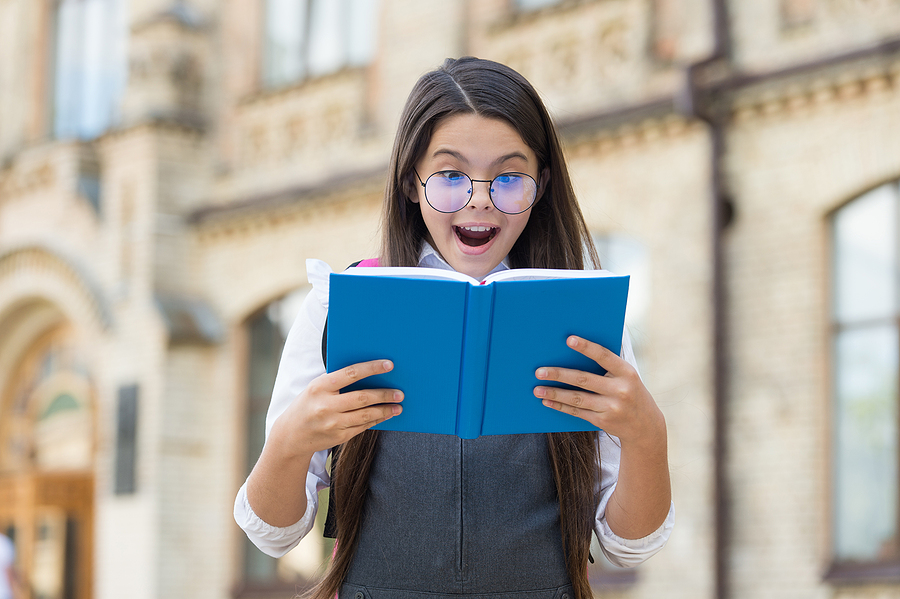Writers are readers. Right? Of course, right. In fact, I’d say that if you’re not a devoted, even voracious reader, you might not want to pursue writing for publication, as reading and writing tend to go hand-in-hand. But do writers read differently than other people? And if so, how? I asked that question of some of my friends and clients, and here’s what they said:
Yes, I think writers read differently. I find myself tracking the length of sentences; I analyze ambiguity and admire clarity. Extra wording also distracts me. And clichés drive me up the wall (Janet Perez Eckles, www.janetperezeckles.com).
I think writers are just avid readers who decided to try to mimic what they love and work hard to develop good skills. Even though I’ve been a professional writer for more than two decades, I still love to read—even more today than when I started. However, the more I learn about writing, the more I become aware of overall structural “formulas” in books, and noticing that can be a turn-off. I love when the writer is skilled enough that I don’t notice the formulas and instead get so caught up in the story and characters … which is why I became a writer in the first place (Jessica Brodie, JessicaBrodie.com).
I read differently based on the kind of material I have chosen to consume. I start at the top with a handwritten card or an email, typified by (hopefully) short and pithy writing that gets right to the point. I jump immediately to the second paragraph of every editorial to avoid the editorialist’s chatty, witty, or simply confusing introduction to clarify why she chose to write what she did. The real meat of an editorial is in the second paragraph and the last one. In a novel, I test the writer by reading the first paragraph and then jump to the second chapter to see how it flows. Can I catch up quickly with such a jump? With a nonfiction book, I read the Table of Contents first (Austin Boyd, www.austinboyd.com).
Being a writer creates a vastly different reader in me. Every book is a potential tutor as I observe what energizes me or rolls my eyes, what makes me root for a character I might otherwise hate, how the author subtly imports worldview. I ask things like, Why do I love this? Did the writer pull me out of the story to show off their abilities, or merely cause me to appreciate the beauty they’re creating? Why did my thoughts drift in these paragraphs, or why am I fatigued by this author’s ideas?, etc. My vocation also affects what I choose to read. I love award-winners, best sellers, writers with remarkable depth and imagination. I will write like what I read—so I must budget the amount of time I can afford to spend on credible ideas poorly written (Janel Breitenstein, author of Permanent Markers: Spiritual Life Skills for Messy Families).
Before I became an author, I could easily immerse myself in a good book and enjoy it without once thinking, Hmm, I would have worded that sentence differently. These days, however, I find that my internal editor will not shut off. Not because I’m an expert, mind you, but because my brain now lives in “author mode” rather than “reader mode” (Michelle Shocklee, author of Under the Tulip Tree).
Yes, I believe writers read differently. In fact, it’s sometimes hard to turn off the writer and escape into simply being the reader—I think because we as writers are wired to pick apart the work of others. Not necessarily in a bad or criticizing way, but it’s how we learn from other writers. We stop at a phrase, dissect it and learn how that particular phrase changes a scene or a character. Writers are always seeking out ways to be better writers. I am personally a slow reader and this is why. I find myself looking deeper at the styles and movements of the author to make a deeper and more enjoyable read. This sometimes forces me to read a page twice—once to see the author’s intent and a second time to just enjoy (Cindy K. Sproles, author of What Momma Left Behind).
I had to ask a few friends about their method of reading. I assumed my method was normal. Silly me. My nonwriter friends think I’m weird. Here is what I do: When I pick up a new book to read, I keep a highlighter and pencil nearby. If the book is in my favorite genre (mystery/suspense), I may never pick up the highlighter to point out misspelled words and grammar errors. If I am reading an assigned book from a writing class or an award-winning book, I rip it apart as I read. I fill the pages with questions, confusing passages, errors in facts, and anything else that makes me wonder why the book is considered one of the best on the shelves and worth my money. I highlight beautiful passages that inspire me and dissect what they did that worked so well. I learn from everything I read, good and bad (Karen Lynn Nolan, author of Above the Fog).
As for me, I don’t think I necessarily read differently because I’m a writer. I think one of the reasons I’m a writer is that I read differently than some others—voraciously, broadly, analytically—if that makes sense. There are other reasons that I’m a writer, among them being the fact that I could never hit a curveball or play the piano.
How about you? Do you think writers read differently than other folks? And, if so, how?



 Are You High Maintenance?
Are You High Maintenance?

It depends on the content. If it’s a medical journal I skim over it, searching for keywords. If it’s The Bluebook (legal citing), I read and reread, since this isn’t my field, but I need to master it. When I’m reading comps for my memoir, I use a combination of methods–a little speed reading for fluff portions, and analytical reading for parts similar to mine. I recently read the trial scenes in Truman Capote’s In Cold Blood, to glean some ideas for style and tone. I rarely just read for pleasure these days, but when I do I like a book I can savor.
Sometimes! If I’m enjoying a book, I simply read. If I’m not fully engaged, I analyze. Example: I was in a grad-school class on healthcare law. We universally hated the textbook. I wanted to know why–I actually counted words and discovered the shortest sentences were more than 30 words. Many were well over100. Which explained why, after a long day at work, most of us fell asleep before we finished a single page.
Wow! That’s terrible!
Thirty plus words for the shortest sentences! Ugh! Yes, that would be a cure for insomnia, for sure.
If I love a book, and see writing mistakes, I can just zoom right past them and enjoy a story. I definitely notice more errors now and can name why a story didn’t catch my interest. I think that I enjoy reading just as much, only now, if I don’t like a book I feel more free to set it down and go on to the next one. I can name why I’m not enthralled. But for books that I love, I will give a lot of grace.
I still read for the story itself and get lost in it. However, reading on my Kindle I am aware of plot points at the 25%, midpoint, etc. and will examine how the plot is progressing. When I find a sentence, paragraph, or insite I highlight them for future reference.
Sometimes I stop and say, “Now that is how I want to write.” Those are the books that change my life.
Definitely. I read over a hundred books a year; I start twice that many but abandon the rest, usually in the first dozen pages. I often spot losers on the first page. It’s not the formula or lack thereof, but whether the writer connects. Whether the characters or plot touches me deeply.
Anyone looking over the books in my library might think I have a penchant for pens and highlighters. I mark informational passages as well as sections which may be useful in future articles or blog posts. Usually for fiction books, I just speed read and enjoy them.
I honestly have no idea. I myself don’t read fiction at all, mostly non-fiction by evangelists, pastors and teachers. Such as Kenneth Hagin, Joshua Wagner, Ron McIntosh, Billy Joe and Sharon Daugherty, Joyce Meyer, and once in a great while, Sadie Robertson. I myself read differently and I think I see anything with words differently to be honest. Because while reading, I unknowingly look for errors and while reading occasionally, I find one or two and then keep reading. But that’s all I got. It all depends on what is being read however in my opinion. 🙂
Such an interesting article, thanks for it! I always admired good writers, as I’m not a good writer, and I often use writing help, and I look for it on Pick The Writer, as they offer the best reviews on writing services.